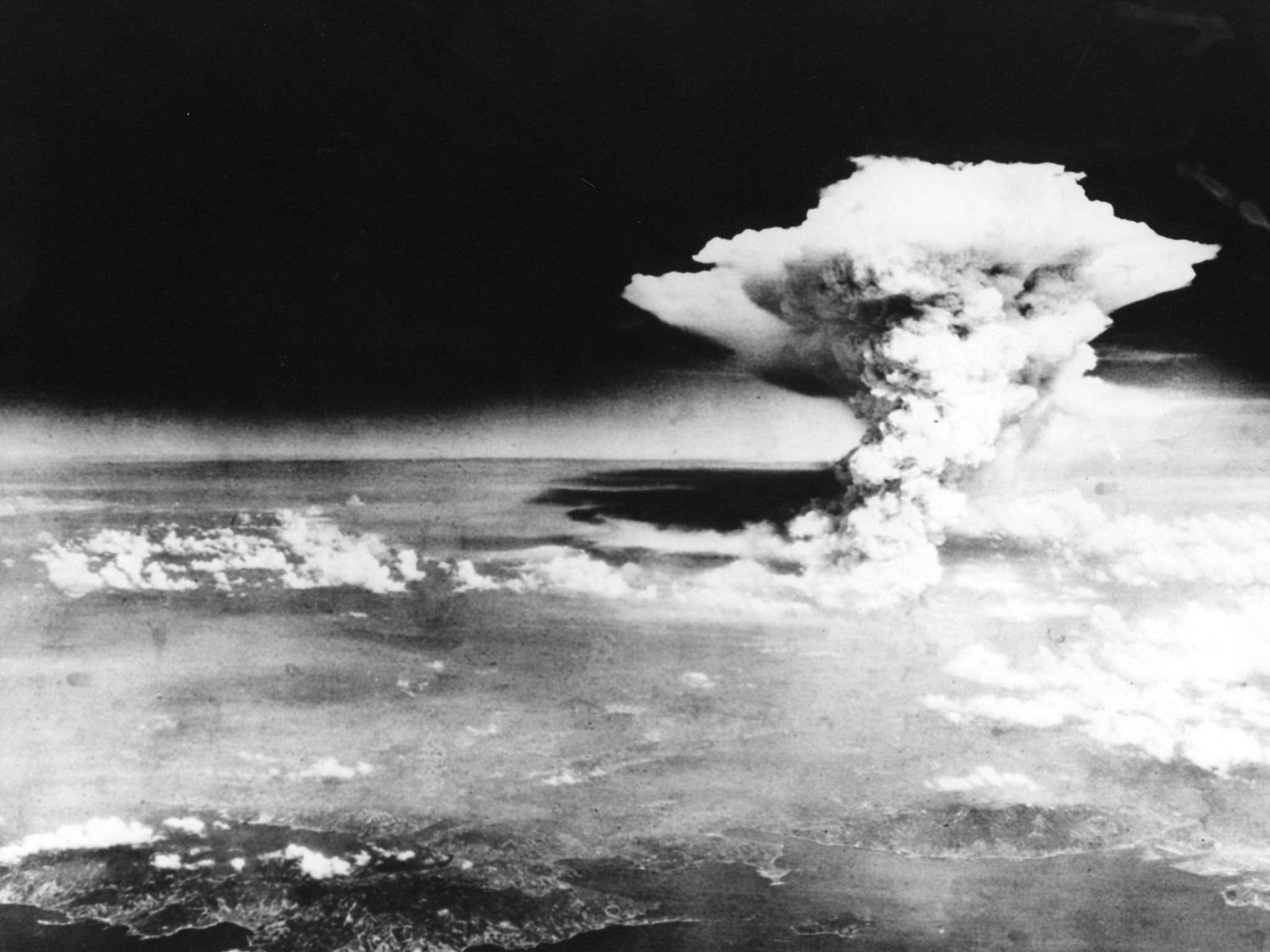The Day they Dropped the Bomb, TV review: Documentary's minute-by-minute, forensic account reveals the true horror of Hiroshima
Leslie Woodhead's important film featured contemporary footage and an impressive range of interviewees

It is 70 years since the US atomic attack on Hiroshima that killed 140,000. Yet before watching this affecting, important documentary, the horror of that new kind of warfare was not ingrained in my consciousness, like say, the bloodshed and muck of the Great War trenches or the devastating chemical weaponry in Vietnam.
Not so now. Thanks to this minute-by-minute, forensic account, told through contemporary footage and an impressive range of interviewees. We heard from the decision-makers, bomb creators, military men and survivors, some were speaking for the first time on British television. This is a crucial film by Leslie Woodhead (The Hunt for Bin Laden; 9/11: The Day That Changed the World), as for many of the participants, now nonagenarians, this could have been the last time to tell their stories.
The Day They Dropped The Bomb
Show all 5Not least for Theodore “Dutch” Van Kirk, the final surviving crew member of the bomb-dropping Enola Gay. “I wouldn’t say we were cherry-picked for anything, except drinking,” he said, recalling the “Three Musketeers” chosen for the job. He died shortly after the interview, but in this, his gung-ho attitude and wit was fascinatingly gauche contrasted with the wavering pitch of the survivors and the level, unencumbered tones of narrator Dominic West.
The accounts were absorbing and devastating in their detail: “I saw the bone on my fingers, just like looking at an x-ray,” said Takashi Tanemori on the moment the bomb went off. For us, the screen flashed white then we were shown footage of the buildings levelled, survivors hard to discern.
“They just didn’t look like human beings, their hair was standing up towards the sky, they were burned and blackened and swollen, parts of their bodies were missing,“ recalled survivor Setsuko Thurlow, filling in the details not told by the black and white stills.
The narration, mostly in the present tense, reeled-in the viewer to a time when the world was in ”total war“, each side attempting to outdo the opposition. There wasn’t much time allowed for judgement or moral questioning here. This one, rightly, was for posterity.
Subscribe to Independent Premium to bookmark this article
Want to bookmark your favourite articles and stories to read or reference later? Start your Independent Premium subscription today.

Join our commenting forum
Join thought-provoking conversations, follow other Independent readers and see their replies